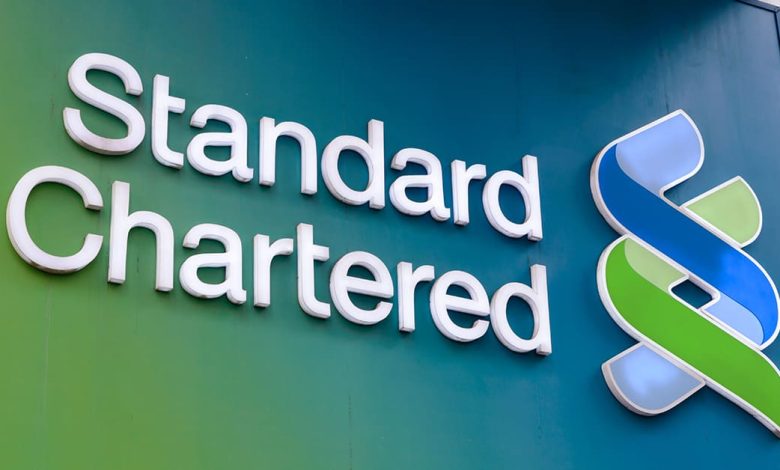Stanchart Triggers Exit From Uganda, Zambia and Botswana markets

Business
NATIONAL | Standard Chartered Bank Uganda has initiated the sale of its retail and wealth management businesses, signaling a strategic shift by the bank to refine its focus.
This decision follows an announcement by the global Standard Chartered Group to exit similar operations in Botswana and Zambia.
Sanjay Rughani, chief executive of Standard Chartered Bank Uganda, said the sale process is expected to take 18 to 24 months, pending regulatory approval.
“This is part of our Group’s strategy to concentrate on areas where we can deliver the most value,” he said in a statement.
Stanchart’s Wealth and Retail Banking is one that has been catering to the service of local and international banking needs of affluent clients across the full banking continuum.
It has been running the portfolio through services such as priority, private and personal banking as well as SMEs.
The move aligns with Standard Chartered Group’s global strategy to fund incremental investments in its wealth management services, primarily in markets with high potential for income growth.
A statement from the Group emphasized the shift to serving corporate and institutional clients, with CEO Bill Winters noting that the exits are designed to concentrate resources in regions offering the most distinctive opportunities.
In a statement, Paul M. Sefa-Badu, head of Wealth and Retail Banking, said assured clients of continued service during the transition.
“Your deposits remain safe, and you can continue to perform banking transactions as per normal,” he said.
“We will continue to have a strong Corporate and Investment Banking presence in Uganda following the sale of our WRB business, which is expected to take 18-24 months and is subject to regulatory approval.”
This latest decision builds on the bank’s earlier exit from five other African markets—Angola, Cameroon, Zimbabwe, Gambia, and Sierra Leone—along with Jordan and Lebanon in 2022.
The adjustments reflect a trend among global financial institutions to reassess their African operations.
In 2016, Barclays also reduced its African footprint, citing operational and capital constraints.
Standard Chartered, which has been in Uganda for 112 years, assures its customers of a structured and transparent transition during this process.
Despite the change, the bank remains committed to leveraging its expertise in global corporate banking, supported by its robust network in Kenya and Nigeria.
While these exits signify a realignment of resources, the bank maintains its long-standing presence in Africa.
“We have invested heavily in this region, and the results speak for themselves, with wealth assets under management in sub-Saharan Africa more than doubling since 2021,” Winters added.
As Standard Chartered refines its focus, the banking landscape in Uganda and other affected countries will likely witness changes, with new players potentially stepping in to fill the retail banking gap.




